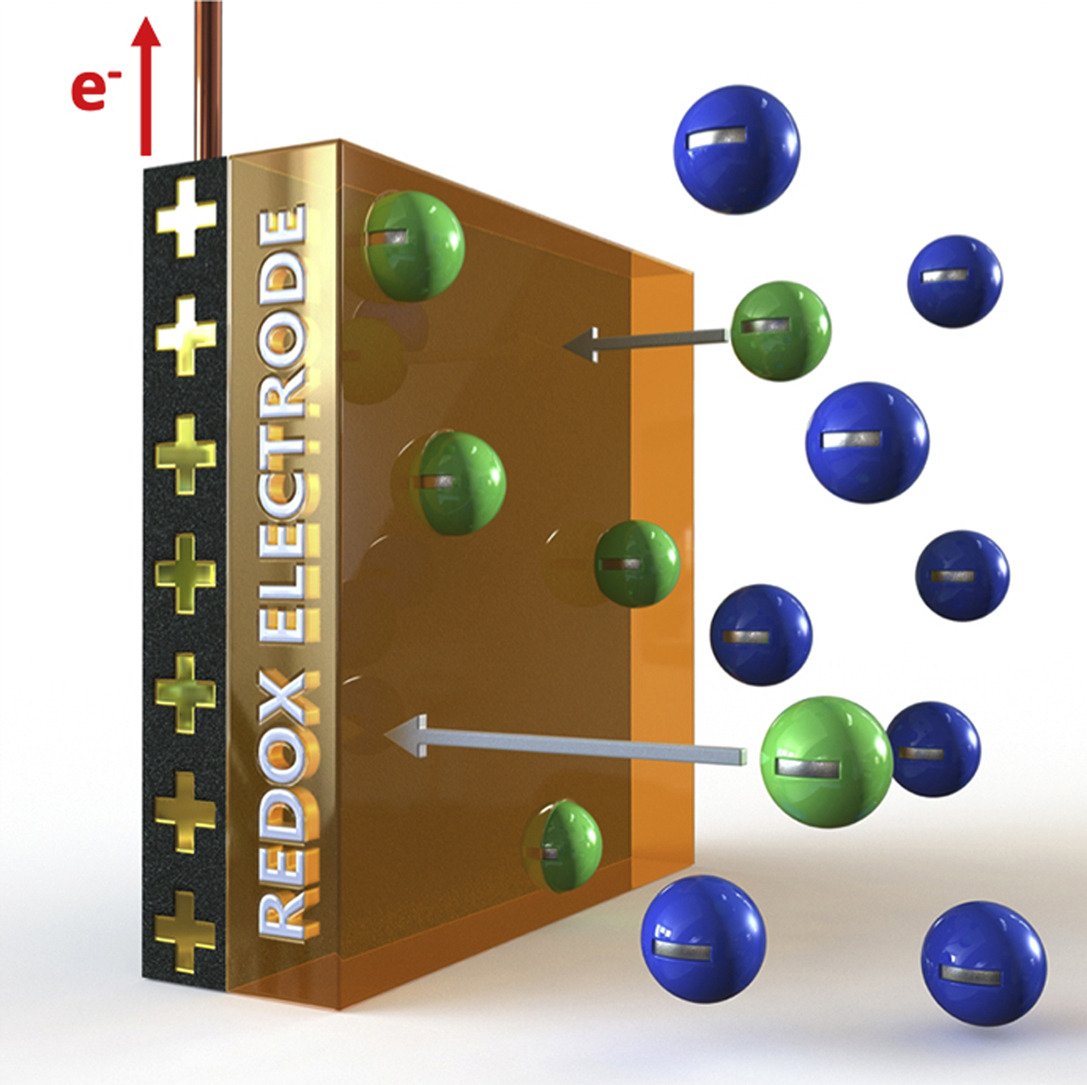Xiao Su
Chiral Electrochemical Interfaces for Enantioselective Interactions
 Chirality is a fundamental property of molecules and materials with deep underlying implications for biological function and chemical activity. Key active molecules within our bodies are composed of chiral structural units, including amino acids, brain receptors, and various cell-signaling compounds. A majority of therapeutic drugs in the market are chiral, i.e. exist as enantiomers, which are non-superimposable mirror images of each other. Within our bodies, different enantiomers can have antagonistic functions such that one is therapeutic while another is toxic. Consequently, the development of materials for chiral recognition and purification is of critical importance for healthcare and the biochemical industry as well as fundamental chemistry and materials science.
Chirality is a fundamental property of molecules and materials with deep underlying implications for biological function and chemical activity. Key active molecules within our bodies are composed of chiral structural units, including amino acids, brain receptors, and various cell-signaling compounds. A majority of therapeutic drugs in the market are chiral, i.e. exist as enantiomers, which are non-superimposable mirror images of each other. Within our bodies, different enantiomers can have antagonistic functions such that one is therapeutic while another is toxic. Consequently, the development of materials for chiral recognition and purification is of critical importance for healthcare and the biochemical industry as well as fundamental chemistry and materials science.
Professor Su’s objective is the discovery of new adaptive materials for enantioselective separations, especially through the use of electrochemistry and the elucidation of the molecular interactions. His team seeks to exploit electrochemical control to enhance the discrimination of surfaces towards desired enantiomers. They will investigate the interaction of their newly- developed chiral interfaces with a range of chiral amino acids and small molecule therapeutics, including antibiotics as well as antiviral pharmaceuticals. Professor Su aims to develop fundamental advances in chiral recognition and enantioselective separations, which will in turn accelerate drug manufacturing, fast-throughput diagnostics, and possibly even have implications within asymmetric catalysis. In the long term, electrochemical approaches for complex organic separations would be transformative for greener chemical and biochemical processing by lowering waste, eliminating chemical input, and introducing renewable-energy integration.
